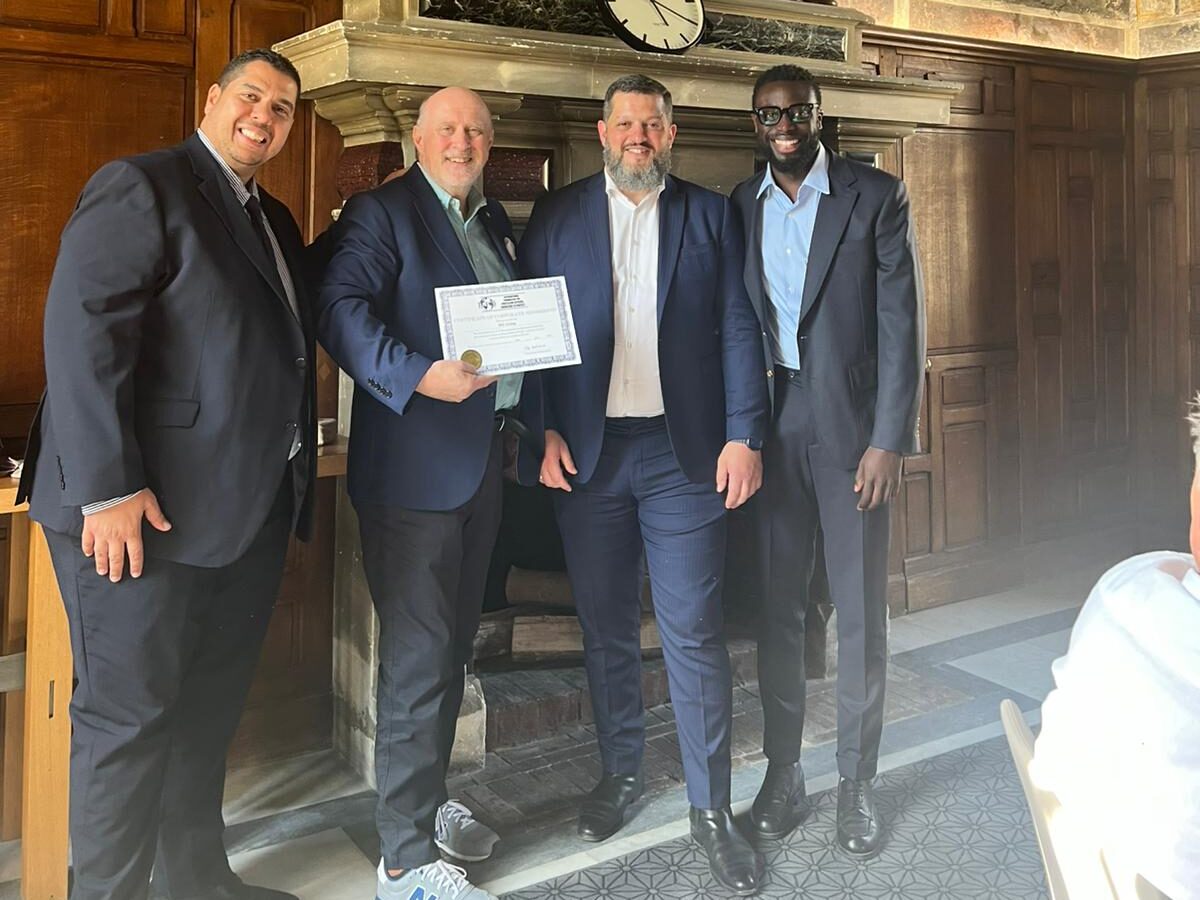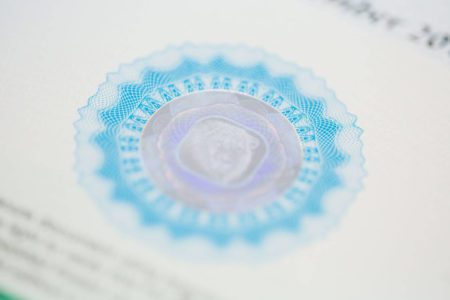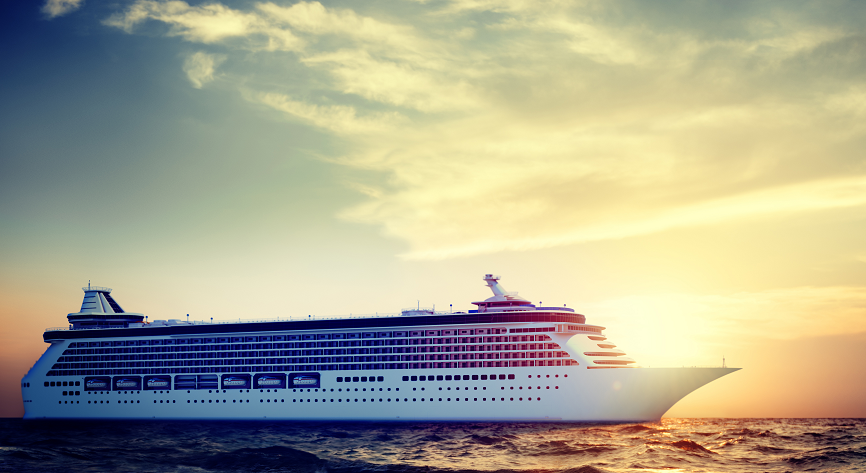 There are new opportunities for Private Maritime Security in West Africa and beyond, writes Timothy Williams.
There are new opportunities for Private Maritime Security in West Africa and beyond, writes Timothy Williams.
Only a few years ago Somali piracy was dramatically increasing, leading businesses and politicians to call for an international response in the war against piracy in the region. However since 2011, the combined effort of international naval operations and private security has reduced Somali piracy to a trickle. The focus of pirate watchers has now shifted to the West Coast of Africa where pirate attacks are quickly rising, and is now revealing the many opportunities for private security companies to expand their operations, to help reduce piracy and insecurity in the Gulf of Guinea.
According to the International Maritime Bureau (IMB), the number of pirate attacks off the coast of Somalia dropped from a high of 237 in 2011, to 75 reported attacks in 2012 and only 7 in 2013 so far. At the same time, the number of attacks off the West African Coast increased from 36 in 2011 to 58 in 2012 and 22 in the first six months of 2013. The direct economic cost of West African piracy in 2012 was between $674-939 million and likely to grow, according to an Oceans Beyond Piracy report.
The real costs however, are likely to be much greater. Although the direct costs of piracy around Somalia amounted to about $6billion, a report by the World Trade Organisation (WTO) suggested that it cost the global economy about $18 billion in 2012, with much of this borne by developing countries. This is because it reduces trade flows between countries and is therefore likely to increase the indirect costs of piracy in West Africa.
A clear example of this occurring is in Benin. In 2011, Lloyd’s of London’s Joint War Committee (JWC) recommended additional war risk premiums should be added to ships traveling through Benin’s territorial waters. A result of this, according to Benin’s defence minister, was a 70% drop in traffic to Benin’s busiest port of Cotonou. In June 2013, Togo also received this recommendation from the JWC, suggesting a similar drop in trade may occur. It can therefore be expected that the wider economic costs of piracy off West Africa are much greater, perhaps by two or three times, than the figure by Oceans Beyond Piracy. This gives greater impetus to combat piracy and ensures that both nations and businesses have an interest in seeing piracy decline.
In 2012, the private maritime security industry in West Africa was worth approximately $200 million. Although this was less than the estimated $1.5 billion for East Africa, in West Africa there is the prospect of significant growth. As insurance premiums for ships in the region are increasing, it will encourage both insurers and ship owners to reduce these costs by employing Private Maritime Security Companies (PMSCs). This may also stimulate PMSCs and insurance companies to combine their interests, as they did in East Africa, by offering ship owners insurance premium reductions if PMSCs are employed.
There are, however, several constraints that PMSCs hoping to operate off the West Coast of Africa need to consider. The most common method of providing security to commercial ships is by providing Vessel Protection Detachments (VPDs). These normally consist of 4-6 armed security guards that remain on the ships whilst in pirate areas, to protect them from pirate attacks. However, one main problem with using VPDs around Nigeria is that the majority of the shipping traffic is related to the oil industry, yet the oil industry is unable to employ armed security guards on board tankers because of the risk posed to the oil cargo.
Overcoming this problem, however, creates the first opportunity for PMSCs and involves the use of Close Protection Vessels (CPVs). These act as mother ships, which could hold up to 60 security personnel and can be used more flexibly than VPDs. They can be used to convoy ships through dangerous waters and with fast patrol boats are able to quickly respond to pirate attacks.
Typhon is one company offering such a service, and has suggested that it will charge ship owners between $5,000 and $10,000 a day to be a part of the protected convoys. Although there have been suggestions that it will be far more expensive than using VPDs, it may be one of the only effective methods to secure oil tankers and other highly flammable transport ships, when on the high seas off West Africa. This could be made more lucrative for PMSCs if they make agreements with leading insurance brokers to ensure reduced premiums for ship owners that use accredited maritime security companies.
The second major constraint is the legality of armed private security within territorial waters. It is illegal for PMSCs to carry or transit firearms in the territorial waters of Nigeria, Togo, Benin and Ghana. Only members of each state’s National Armed Forces may hold firearms in their territorial waters. This of course limits what PMSCs can undertake in the region, but does however present the second opportunity for PMSCs and maritime technology companies to enter the West African market – to provide intelligence and technology to ensure that local security makes better use of their resources.
Maritime security technology has greatly developed in the past decade and can provide a huge benefit to ships seeking to deter pirate attacks. GPS tracking, Unmanned Arial Vehicles (UAVs), panic systems and real-time position mapping can provide up to date information to local military forces, enabling them to intercept pirates before they can attack. Many maritime technology companies offer these services and for those that can integrate their technology to effectively aid the security response of the National Armed Forces, there is likely to be a great benefit.
Track24 is an example of a tracking and crisis management company which has had several successes in preventing Somali pirate attacks by co-ordinating national naval vessels to assist threatened ships. There is now a growing opportunity for similar companies to adapt this model to West Africa.
The third opportunity for PMSCs to make their mark in West Africa is through training local security forces and building their anti-piracy capacity. Ghana, Togo, Benin and Côte d’Ivoire all have small and ineffectual navies and coast guards, which open the prospect for PMSCs to train local security forces to combat piracy.
An example where this has been successfully executed is in Somaliland. In 2009 Triton International Ltd developed a 12-week training course for the Somaliland Coastguard, as well as specific modules including maritime law, maritime tactics and maintaining vessels. This has created an effective coastguard, which has deterred pirates from entering Somaliland territorial waters.
This model could be adapted by other PMSCs, to the conditions in West Africa. It may be a cost effective way to build the capacity of the local coast guards of Ghana, Togo, Benin and Côte d’Ivoire to combat piracy. Offering cost efficient and effective training for these countries is likely to be very attractive to them. This method will also give PMSCs greater access to the territorial waters of these countries, building trust between PMSCs and local military forces, and a greater understanding of the security threats in the region. This building of trust may also in the future open up further areas where PMSCs can be employed in the region, including policing illegal arms, drugs and people smuggling across borders.
The rise of West African piracy has already caused significant damage to the regional economy and it could continue to grow, yet with this increase, it has also created a huge potential market for PMSCs and maritime technology companies.
There are many hurdles to operating in West Africa, including the legal framework and the hazards of the oil industry. However, the many opportunities for the private security sector, from technology to training and armed security greatly outweigh the risks. Therefore the potential rewards for PMSCs and maritime technology companies operating in West Africa are significant, but only for companies that adapt to the different circumstances of West African piracy.
Timothy Williams is a Politics graduate and freelance journalist. He will be studying for a Masters in International Studies and Diplomacy at SOAS from September 2013.

























